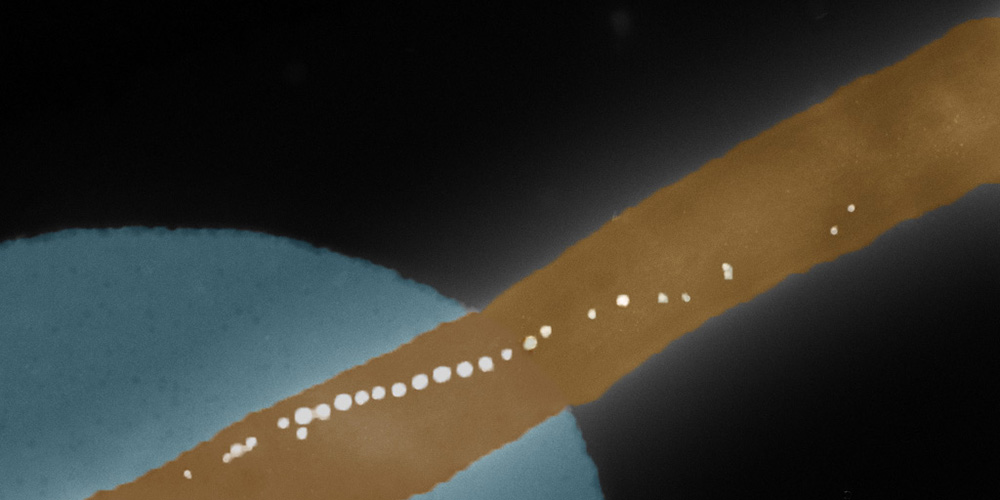Marek Basler and Clemens Cabernard are new “EMBO Young Investigators”
This year the European Molecular Biology Organization EMBO has again selected two scientists from the Biozentrum of the University of Basel to become “EMBO Young Investigators”. Prof. Marek Basler and Prof. Clemens Cabernard are two from a total of 23 scientists from around Europe who, as talented scientists, will participate in the “EMBO Young Investigator program”. With this program, EMBO supports promising research investigators in establishing their career and promotes international scientific exchange.
26 October 2015
The two newly elected “EMBO Young Investigators” are the infection biologist Prof. Marek Basler and the cell biologist Prof. Clemens Cabernard. They will receive a contribution of 15,000 euros. Furthermore, the scientists will be supported through a mentoring program, various courses and symposia including the annual “EMBO Young Investigator Meeting” and will be given the opportunity to meet and network with other researchers. With its “Young Investigator program”, EMBO supports outstanding scientists, under forty years of age, who are establishing their career as a research group leader.
Nanosized bacterial injection needles
Marek Basler, born in 1978 in Opava in the Czech Republic, joined the Biozentrum in 2013 as an assistant professor in the field of Infection Biology. Together with his team he investigates the structure, dynamics and function of the bacterial injection apparatus called the type VI secretion system. Various Gram-negative bacteria including pathogens, such as Pseudomonas aeruginosa, Vibrio cholerae or Acinetobacter baumannii, use these nano-sized syringes to inject a cocktail of effector proteins or toxins into various cells. Basler‘s group plan to examine the function of these complex nanomachines in order to contribute to a better understanding of bacterial infections in human and bacterial competition.
After studying biochemistry and microbiology at the Institute of Chemical Technology and the Institute of Microbiology, in Prague, Basler graduated with a PhD in 2007. He subsequently worked as a postdoc at the Harvard Medical School in Boston. Marek Basler has been recognized for his scientific achievements with the “Young Microbiologist Prize” awarded by the Czechoslovak Society for Microbiology as well as an “EMBO Long-Term Fellowship”.
Asymmetric cell division of neural stem cells
Clemens Cabernard, born in 1975 in Oberburg, Bern, holds an SNSF professorship in Cell Biology since 2011 and studies the asymmetric division of stem cells. This form of cell division generates numerous specialized cells with the most diverse functions in the body. In contrast to symmetric cell division, in which two identical daughter cells are formed, asymmetric cell division produces two daughter cells of different molecular composition. It is vital that this cell division process is carried out correctly to ensure the healthy development of tissues and organs and to prevent diseases such as cancer.
Together with his team, Cabernard investigates the cellular and molecular mechanisms underlying the asymmetric cell division in neural stem cells, in order to draw conclusions about the development of the human brain. Clemens Cabernard completed his studies and doctoral work at the Biozentrum and between 2006 and 2011 worked as a postdoc at the University of Oregon in the USA.

